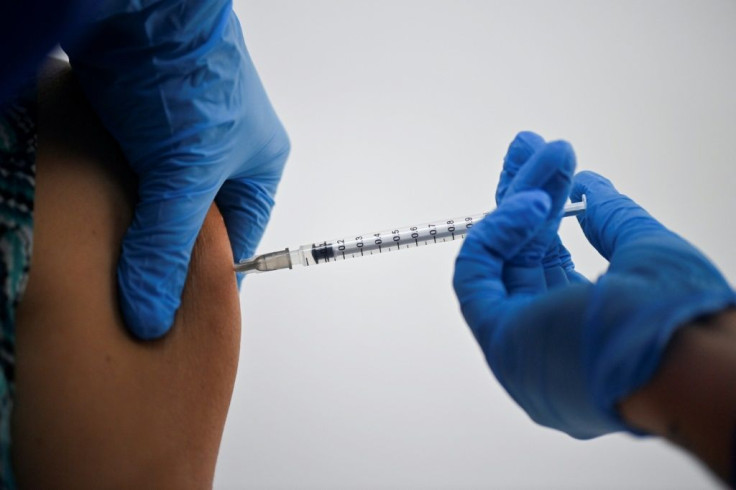Fake COVID-19 Vaccine Cards Sold Online For $25 After Universities Require Vaccination Proof
KEY POINTS
- Users across multiple platforms are selling fake cards
- As per the law, anyone caught misrepresenting an official seal of a U.S. agency could be sentenced to up to five years in prison
- Experts are calling for digital vaccine passports to combat fake paper COVID-19 vaccine cards
The selling of fake COVID-19 vaccination cards is on the rise as a growing number of colleges and universities across the United States are requiring proof of vaccination from students amid an alarming surge in Delta variant cases.
An Instagram account with the username “vaccinationcards” was found selling fraudulent cards for $25 each. On encrypted messaging app Telegram, a user was found selling “COVID-19 Vaccine Cards Certifications” for $200 each.
On Twitter, one user revealed that they bought two fake vaccination cards online for $50 for her daughter who is attending college.
“My daughter bought 2 fake ID’s online for $50 while in college. Shipped from China. Anyone have the link for vaccine cards?” the post read.
My daughter bought 2 fake ID’s online for $50 while in college. Shipped from China. Anyone have the link for “vaccine cards”?
— Monica Matthews On Air (@monicaonairtalk) June 8, 2021
On Reddit, a user said he is searching for a fake COVID-19 vaccination card, adding that he needs it for his college education. “I need one, too, for college. I refuse to be a guinea pig,” he wrote, as reported by Time magazine.
Under the law, violators who are caught falsifying vaccination cards or misrepresenting the official seal of a U.S. agency may be sentenced up to five years in prison or face a $5,000 fine, according to Fox News.
A surge of fake coronavirus vaccine cards comes after at least 675 colleges and universities across the U.S. have begun asking students to show proof of vaccination before they are allowed to attend in-person classes.
In some institutions, a person’s vaccination status is confirmed by asking students to upload a photo of the card to an online portal. In others, a student’s course registration is placed on hold until their vaccination status has been verified.
Despite the systems in place, Benjamin Mason Meier, a global health policy professor at the University of North Carolina at Chapel Hill, questions how institutions can verify that the vaccination records have not been falsified.
“The United States, unlike most countries which have electronic systems in place, is basing its vaccination on a flimsy paper card,” he said, according to the Associated Press.
Other experts have also voiced their concern about the proliferation of fake COVID-19 vaccine cards.
“This is why I think the development of a reliable national digital vaccine passport app is very important for the sake of all the organizations and businesses that want to require proof of vaccination for employees, students, or business patrons,” Rebecca Williams, research associate at UNC’s Lineberger Comprehensive Cancer Center and Center for Health Promotion and Disease Prevention, told the publication.

© Copyright IBTimes 2025. All rights reserved.






















